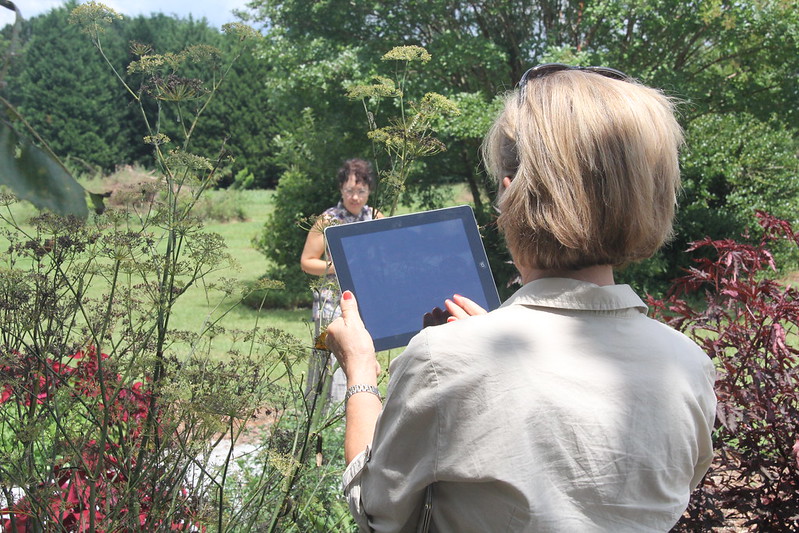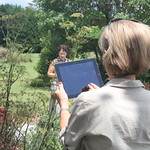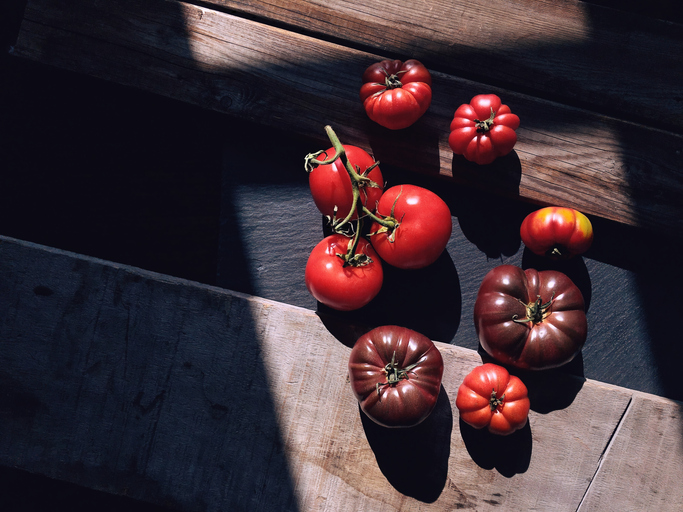You may have relied on advice from a Georgia Master Gardener Extension Volunteer in the past. Now they want your input to make plans for the future.
A number of novice gardeners, or gardeners who haven’t gotten their boots in the dirt recently, have reached out to Master Gardeners for recommendations during the pandemic. These new gardeners may also have tuned in to Master Gardener webinar presentations or connected via social media to stay engaged with other gardeners.
“People turn to plants and gardening because it makes them happy, it can provide a source of food, it gives them a sense of accomplishment and it’s something they can do alone or as a family,” explained State Master Gardener Coordinator Sheri Dorn, who is based at the University of Georgia Griffin campus.
The volunteer program, coordinated by UGA Cooperative Extension, reached its 40-year milestone in 2019. Now Dorn and other program organizers want public input as part of their comprehensive strategic planning process to shape the next decade.
“Citizen participation is critical to Extension,” said Dorn. “Plants and horticulture have been huge this year due to the pandemic, and people may not know that we have this unique volunteer program. People with enthusiasm for gardening can partner with us to increase their knowledge and also help others, so we’re looking for people who may be interested to give us input for future Master Gardener program development.”
A statewide survey is currently open to the public for anyone who is not already a Master Gardener and may be interested in the program or its services, including those who may already be an Extension program supporter or stakeholder. Survey topics include Master Gardener program training format, projects and initiatives, personal environmental attitudes, continuing education and advanced training, marketing of the program and more.
Currently, about 60 county Extension offices throughout the state offer the Master Gardener program. Last year 2,330 active volunteers logged nearly 180,000 volunteer hours and more than 1.1 million contacts, disseminating timely information about the selection and care of plants for ornamental value, recreation and home food production. These hours also include strategic community and youth projects determined at the local level.
“As we adapt and transform our program to anticipate the needs and interests of a digital community, we will still maintain the relationships and social connections unique and essential to the volunteer experience,” said Dorn. “Master Gardeners love to be together. They crave personal interaction and love to share food and go on trips — the social element can’t ever go away.”
There is a strong demand for horticultural recommendations from consumers around the state. Ornamental horticulture is big business in Georgia, contributing $8 billion to the economy and 83,000 jobs, according to the UGA Center for Agribusiness and Economic Development.
Becoming a Master Gardener Extension Volunteer is a big commitment. As representatives of UGA Extension, volunteers must complete an application, training and a background investigation in preparation for supporting volunteer projects. MGEVs volunteer 50 hours the first year following training and must contribute at least 25 service hours each year thereafter to maintain their active status. Georgia MGEVs use an online record keeping system to track their accomplishments.
Participation in the survey is anonymous and open to all adult residents of Georgia through the end of October at tinyurl.com/StratPlanPublic. As an incentive to participate, drawings for free soil samples will be held after the survey period closes.
To learn more about the Master Gardener program, visit gamastergardener.org.








